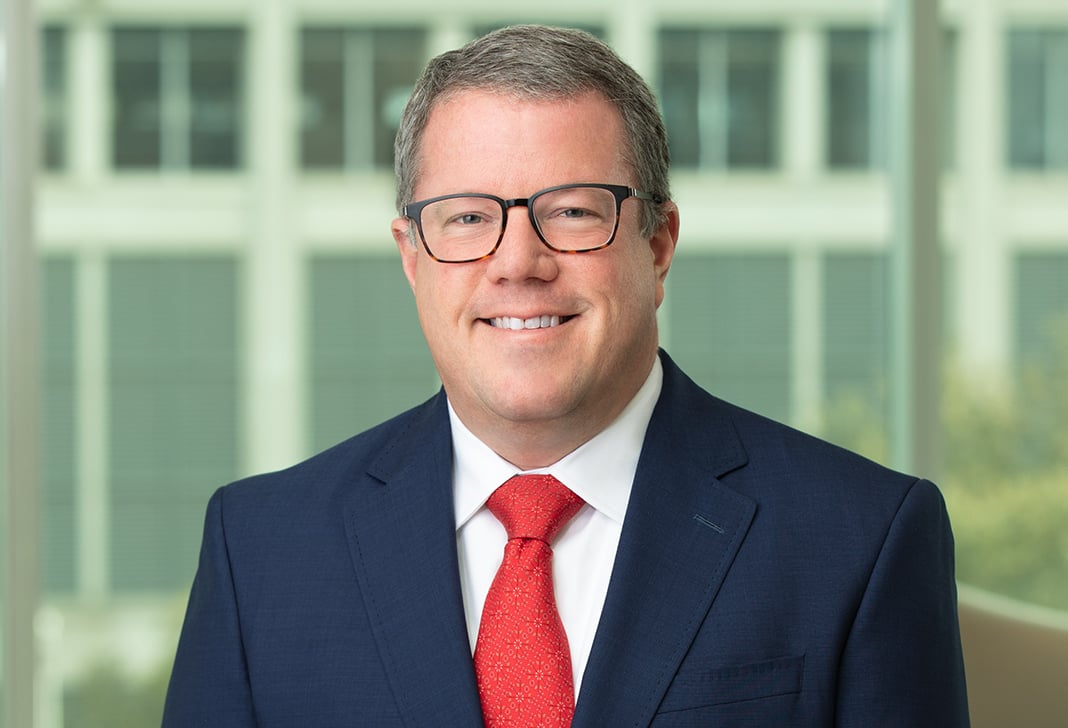
SEC Announces Settlement of Fraud Case Without Requiring Financial Penalty in Recognition of Company's Substantial Cooperation
The settlement provides further clarity about the types of cooperation and remediation that the SEC will consider in evaluating whether to require financial penalties from settling companies.
On January 28, 2022, the U.S. Securities and Exchange Commission ("SEC") announced a settled fraud case with HeadSpin, Inc., a technology start-up, that allegedly engaged in a scheme to boost the company's valuation to more than $1 billion by inflating key financial metrics and doctoring internal sales records. According to the complaint, the company and its former CEO used its inflated valuation and financials to deceive investors to invest more than $80 million between 2018 and 2020. The alleged scheme unraveled following an internal investigation that resulted in the swift ouster of the CEO, a revised valuation of the company down to $300 million, and repayment of investors. Among other remedial measures, the company hired new senior management, expanded its board of directors, and instituted new procedures to ensure the transparency and accuracy of deal reporting and associated revenues. Without admitting or denying the allegations, HeadSpin agreed to be permanently enjoined from violating the antifraud provisions of Section 17(a) of the Securities Act and Section 10(a) and Rule 10b-5 of the Exchange Act. The SEC imposed no financial penalties on the company as part of the settlement. The SEC has filed a separate enforcement action against the former CEO.
In announcing the settlement, SEC Director of Enforcement Gurbir S. Grewal made clear that the company's substantial cooperation and remediation efforts impacted the SEC's decision to accept a settlement that did not include any financial penalty. "HeadSpin's remediation and cooperation included not just its internal investigation and revised valuation, but also repaying investors and improving its governance—all of which were factors that counseled against the imposition of a penalty in this case." The settlement and accompanying statement by Director Grewal follow comments that he made during the last year seeking to clarify the SEC's view that cooperation warranting credit requires something more than "the mere absence of obstruction" and "more than just responding to a subpoena, making witnesses available for testimony, or self-reporting to the SEC when the violation is about to be publicly announced." Instead, Director Grewal has articulated a variety of more proactive steps that might warrant cooperation credit. "I look to whether the would-be cooperator took significant, tangible steps that enhanced the quality of our investigation, allowed us to conserve resources and bring charges more quickly, or help us identify additional conduct or other violations that contributed to the wrongdoing."
These comments, taken together with the HeadSpin settlement, are an important reminder that while there is no standard check list for successful cooperation, there are a variety of proactive steps and meaningful remediation efforts that companies should consider when an independent internal investigation identifies potential violations of the federal securities laws in order to maximize the likelihood of obtaining cooperation credit.






